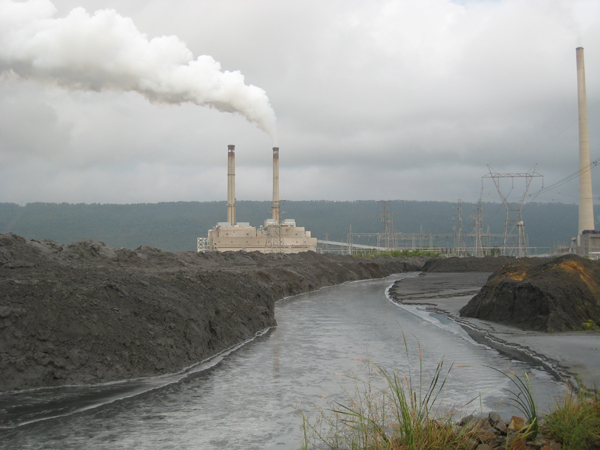- South Texas Students Meet Accordion Music Icons Los Tigres Del Norte In Edinburg Thanks To Khs America/Hohner Alianza Académica Initiative
- Fragile Planet Offers a Nighttime Wildlife Experience
- Falcons Soccer Off & Running
- Cameron County Receives Funds to Improve Two Parks
- Falcons Complete First Half of 32-6A
- School District to Help out Victims of California Wildfires
- Sand Castle Days Continued Despite Unexpected Weather
- Ready for District
- Discussion of Garbage Dumpster Rates, Agreements Between State & City on Highway Regulations, and More
- 31st Annual Shrimp Cook-Off is Right Around the Corner
EPA Quantifies Benefits of Tackling Climate Change
- Updated: July 3, 2015

The EPA has released a report quantifying the economic, health and environmental benefits of reducing global carbon pollution. The study warns slowing or preventing climate change will require action on a global scale. Photo: courtesy of the EPA.
by Eric Galatas/TNS
HOUSTON – A new report from the Environmental Protection Agency (EPA) compares health and economic outcomes based on whether the world moves forward to take action to confront climate change – or doesn’t.
According to the EPA document, hundreds of billions of dollars and thousands of lives are at stake. The study projects reining in emissions from fossil fuels could prevent some 13,000 deaths every year in the U.S. by 2050, and 57,000 deaths by the end of the century.
Andrew Dobbs, program director with Texas Campaign for the Environment, says the report underlines the urgency of taking action.
“We’re already dealing with the cost of climate change,” he says.
“We have a historic drought followed by historic floods. If we don’t act now to stabilize our climate it’s going to get a lot worse. And now we have the data to prove exactly how much we have to lose.”
Energy groups have been dismissive of the study, and say even if the report’s assumptions about global warming are accurate, humans will still need fossil fuels. They claim renewables can’t fill the growing demand for energy, and that Texans don’t want to return to a time “without air conditioning.”
The EPA report projects that if CO2 levels are not reduced, damage from rising sea levels and storm surges could cost $5 trillion. But if warming is held to just two degrees Celsius, that number drops to less than $1 billion. The report also found that by mitigating climate change, the U.S. could save up to $7 billion in road maintenance.
Dobbs says choosing not to act would also impact water quality, particularly in the Southwest and parts of Texas.
“You can’t create jobs underwater, and you can’t grow an economy without drinking water,” he says. “This report makes it clear that not only do we need to change, but that change is going to be a huge boost for our economy.”
The report warns stopping or even slowing climate change will require action on a global scale.
The study is the result of an EPA-led collaboration between the Massachusetts Institute of Technology, the Pacific Northwest National Lab, the National Renewable Energy Laboratory and other partners.
